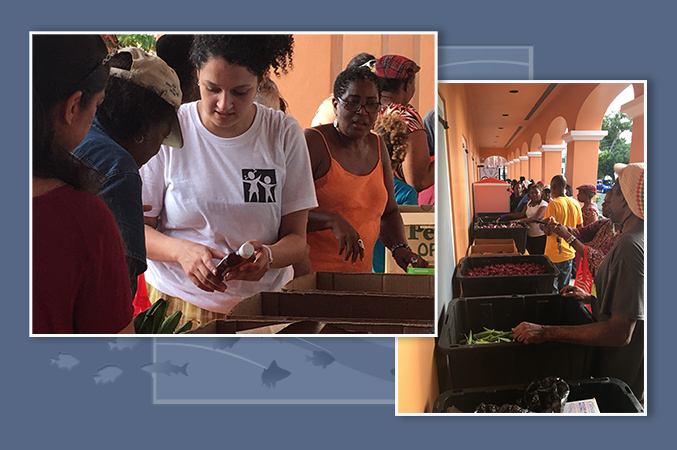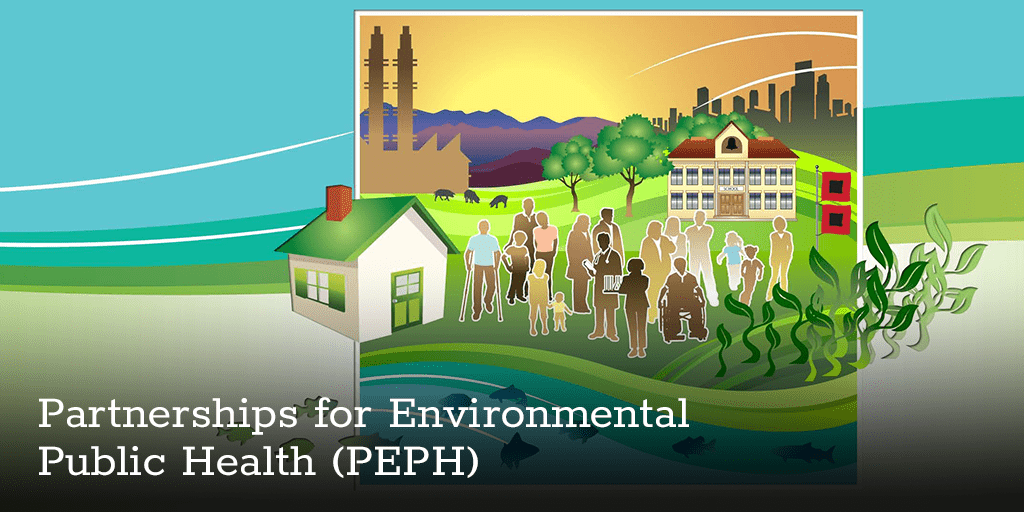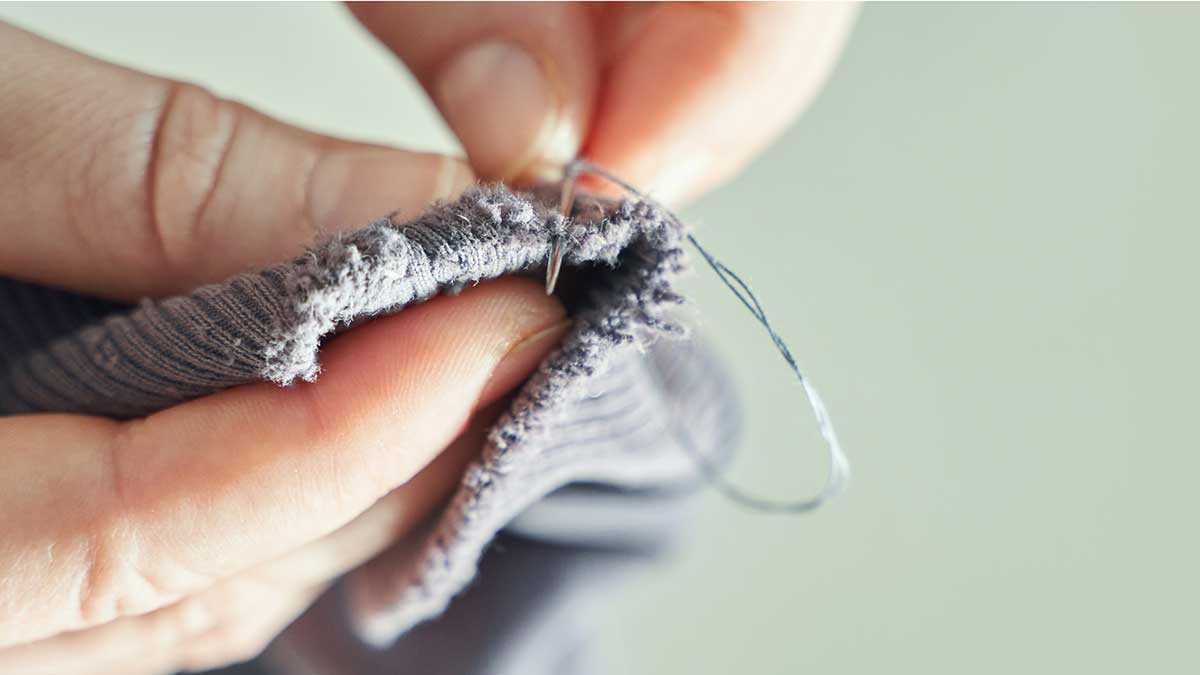Researchers at the Icahn School of Medicine at Mount Sinai developed an educational program for health care providers to reduce children’s environmental health risks in the U.S. Virgin Islands and Puerto Rico. The project was implemented following hurricanes in 2017 that struck those island territories. In a recent paper, researchers describe how they built upon existing partnerships to increase pediatric care providers’ capacity to address health concerns made worse after the hurricanes, due to water contamination, air pollution, and exposure to waste.
The NIEHS-funded researchers involved in this project are also associated with a Pediatric Environmental Health Specialty Unit (PEHSU) that serves New Jersey, New York, the U.S. Virgin Islands, and Puerto Rico. PEHSUs are funded by the U.S. Environmental Protection Agency and Centers for Disease Control and Prevention. They are networks of children’s environmental health experts who address gaps in pediatric environmental health through education and other services to families and health care providers.
“After the 2017 hurricanes hit the U.S. Virgin Islands and Puerto Rico, we heard from our PEHSU partners on the ground how severe some of the environmental health conditions were, especially for children,” reflected Perry Sheffield, M.D., M.P.H., principal investigator of the project, and deputy director of the Region 2 PEHSU. “Issues such as mold in damaged buildings; air pollution from generator use during prolonged power outages, especially when close to indoor spaces with poor ventilation; and debris as a source of injury or harboring pests, among others, are particularly harmful to children. We developed a project that aimed to reduce children’s exposures and build relationships and resilience to prepare for future disasters.”
PEHSU staff visit a health care provider and distribute training materials (left) and San Juan community health workers attend a training session (right). (Photos courtesy of C.M. Galan, left and M.T. Herrera, right)
Administering Pediatric Environmental Health Training to Health Care Providers
From feedback gathered at meetings with health care providers in the U.S. Virgin Islands and Puerto Rico, the researchers determined that the education project would provide in-person training to pediatric health care providers. Trainings would give providers the tools to advise their patients’ caregivers on how to reduce harmful environmental exposures.
“Pediatric health care professionals are trusted messengers for children’s caregivers,” stated Sheffield. “They can effectively reach those who need this information.”
The training included in-person visits to pediatric providers during which PEHSU staff introduced environmental health concepts that could be applied in practice. Staff also provided action kits that included clinical tools for the providers and resources for caregivers with actionable steps on how to address health concerns in the environment. For example, action kits included a checklist of topics to cover in an environmental health screening. Resources for caregivers included ways to prevent mold in the home, and actions to take if they spotted mold.
Leveraging Partnerships to Reach a Wide Audience
The researchers had formed partnerships with health professionals in the U.S. Virgin Islands and Puerto Rico through prior PEHSU work and engaged with these partners to develop and implement this project. The researchers worked with PEHSU health professionals to identify the settings where health care providers could be reached for training. For example, when determining where to engage with nurses, the team identified specific organizations, sites, and other locations, such as federally qualified health clinics and community organizations providing environmental resources to families.
“To facilitate new partnerships, and expand existing ones, our team networked with these organizations and provided them a preview of our planned training,” said Sheffield. “We incorporated their feedback into the training curriculum and resources that we developed.”
The PEHSU program staff who trained health care providers reached a wide variety of settings and professionals. Trainings engaged nurses, nurse practitioners, physicians, midwives, and community health workers at clinics, hospitals, and community health organizations. Health departments also connected the PEHSU team with a network of providers that further expanded the level of engagement.
In several instances, engagement with a single provider at an organization led to invitations to return for a training event for a large cohort of providers. This type of relationship building with community partner input is central to the PEHSU and modeled by the Community Engagement Core at Mount Sinai where the Stakeholder Advisory Board provides critical feedback and supports researchers with idea generation.

A PEHSU staff member supports the U.S. Virgin Islands PEHSU Produce Pop-up event (left) and U.S. Virgin Islands residents gather fresh produce at the PEHSU Produce Pop-up event (right). (Photos courtesy of Perry Sheffield)
Health Care Providers Put Training into Practice
Providers who received training were surveyed about their current environmental health screening and referral practices, and their intention to implement changes based on the training. Before the training, 40% of respondents stated they rarely asked patients about their environmental health history. But after the training, 73% said they intended to change their screening practices. Additionally, 73% responded that they had learned more about environmental health through the training.
Sheffield added, “We were pleased the training and action kits were successful in increasing environmental health knowledge and encouraging incorporation of environmental health into pediatric clinical practice. This work was only possible because of our amazing partners in the U.S. Virgin Islands and Puerto Rico that were engaged through the on-going work of the PEHSU. With input from our partners, we were able to iterate on our approach and expand the PEHSU’s work to increase children’s environmental health resources that strengthen capacity to respond to disasters.”
In partnership with Frederiksted Health Care, Inc. , a multi-site clinic, and local non-profit Virgin Islands Good Food Coalition , the PEHSU also hosted a “PEHSU Produce Pop-up” in St. Croix, U.S. Virgin Islands, where clinicians gave families environmental health advice and vouchers for fresh produce that was supplied to the clinic by local farmers. The event was attended by approximately 200 families, and it laid a foundation for additional collaborations.
Source link
www.niehs.nih.gov



